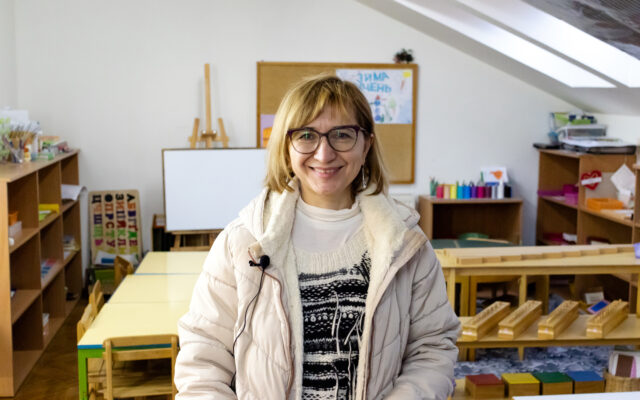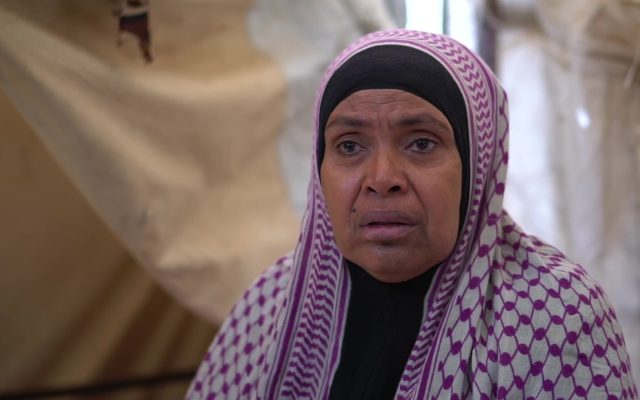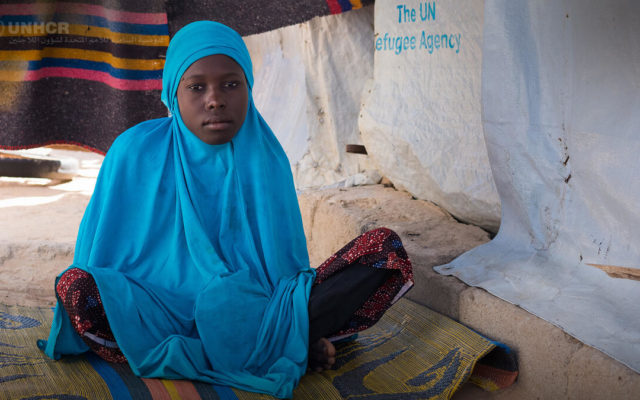How to pay Zakat & why it supports displaced people
Understanding how to pay Zakat and why it makes such a difference to those in need is one of the many ways you can support displaced people.
27.03.24
This year, millions of refugees are observing the month of Ramadan far from home, many living in poverty, struggling to make ends meet. They have lost everything after fleeing their homes – your kindness, compassion and support can help them to restore hope.
As one of the Five Pillars of Islam, Zakat is a fundamental part of a Muslim’s religious obligations. Muslims across the world must adhere to donating Zakat annually if they reach a certain wealth threshold, whereby they’re required to donate a portion of that wealth, typically 2.5%.
Who receives Zakat? There are eight groups eligible to receive Zakat, they are:
- The poor
- The needy (someone who is in difficulty)
- Those who work on administering or distributing it
- Those who have embraced Islam or are inclined to it
- To free those in bondage or slavery
- The debt-ridden
- For the cause of God
- The wayfarer (travellers)
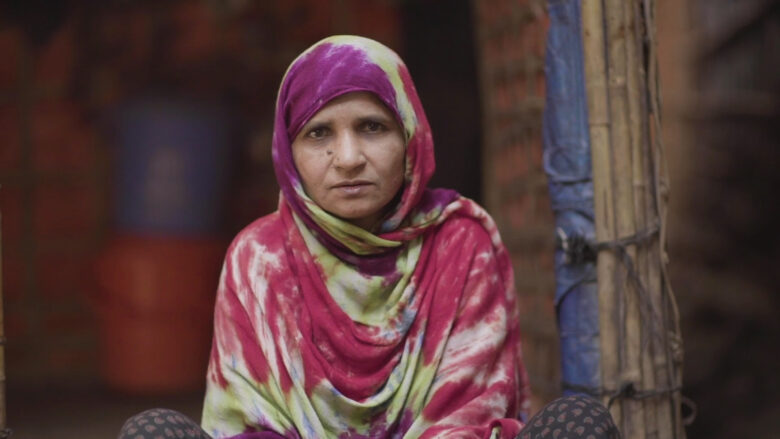
Belowara lost her husband 5 years ago, and she’s now the sole provider for her four children. She’s one of the thousands of Rohingya refugees in Bangladesh who will spend yet another Ramadan away from home. Photo: © UNHCR
How to pay Zakat to the Refugee Zakat Fund
At a time when funding for UNHCR’s work is under extreme pressure and needs are growing greater, UNHCR’s Refugee Zakat Fund provides a much-needed source of support for refugees in need.
As a trusted, compliant and effective distributor, the Refugee Zakat Fund is subject to rigorous governance, ensuring transparency at every step of Zakat collection and distribution. This of course means that those who wish to fulfil their Zakat-giving obligations can do so confidently, knowing that 100% of their Zakat will go to supporting vulnerable refugees and internally displaced families as cash or in-kind assistance.
Donating your Zakat to UNHCR’s Refugee Zakat Fund is simple. Simply head to our donation page, where you can calculate and give to the most vulnerable.
Ready to calculate your Zakat?
Unusually for Zakat funds, UK for UNHCR has waived its standard 6.5% indirect support costs to ensure that 100% of your Zakat goes directly to the most vulnerable families. We’ve also made it quick and simple to calculate the Zakat you owe with our Zakat calculator, which is broken down into assets you own. For example, if your assets totalled £10,000, you would be obliged to pay £250.
Assets include:
- Gold and silver items that you own
- Money in your bank accounts or cash
- Any loans you currently have
- Your pensions, shares and investments.
- Investment property you own (excluding your own home)
All the Nisab calculations will be done for you and are updated regularly based on the current rates, so you can rest assured you’ll be paying the correct amount of Zakat based on your assets.
How do my Zakat donations support displaced people?
This year, many displaced families will observe the month of Ramadan far from home due to conflicts affecting their hometown, forcing them to flee. Your Zakat donation will make a direct impact on the lives of displaced people across countries such as Jordan, Lebanon, Bangladesh, Yemen, Iraq, Egypt, Somalia, Nigeria and Mauritania.
Displaced families are often headed by women, who can face many obstacles when looking for work. Without work, these families are forced to resort to desperate survival strategies, such as taking children out of school or even child labour. Cash assistance from the Refugee Zakat Fund gives families the opportunity to meet their immediate needs, without having to sacrifice their education, health and safety.
Your donation could enable refugees to repay loans borrowed from family or neighbours, and benefit the local economy as refugees become customers at local shops and markets.
Why is it important to donate during Ramadan?
Ramadan happens during the ninth month of the Islamic calendar, which in 2024 falls from March 11th. Muslims worldwide will observe Ramadan by fasting, praying and giving to charity during this period. It is considered a time of heightened spirituality and generosity in Islam.
Whilst you can donate your Zakat at any time of the year, obligatory donations need to be paid before the day of Eid. It is said that the ninth month of the Islamic calendar provides extra blessings; in addition, Ramadan provides a sense of solidarity for those within the Muslim community and reinforces their values of empathy, supporting those less fortunate than them.
Don’t forget, if you are wondering how to donate during Ramadan and are unsure about the value of your own Zakat, use our calculator here.
How Zakat donations through UNHCR have helped displaced people across the world
We’re proud to say that UNHCR have been supporting displaced people and refugees since 1950. In 2023 alone, UNHCR raised a record $46 million in Zakat donations, which has gone directly to those in need.
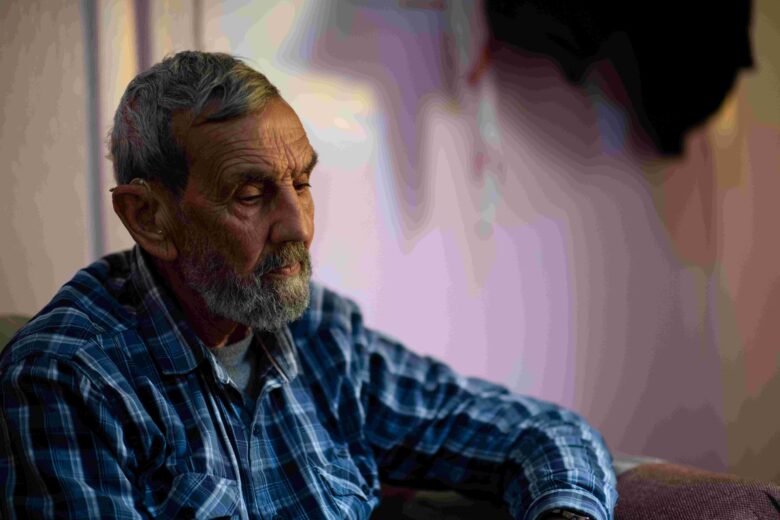
Abo Safwan and his wife lost their four children to the conflict in Syria. They are now sole guardians of their two orphaned grandchildren. Abo Safwan also strives to give and help those suffering around him. Thousands, like Abo Safwan, rely on UNHCR’s support. Today, your donation could help provide cash assistance to help vulnerable families, much like Abo Safwan’s afford basic living essentials. Photo: © UNHCR
Help those in need and make Zakat donations today
Now you know how to pay Zakat and why it’s important, it’s time to use our Zakat calculator to see how much you can donate.
Here are some resources that you may find useful during Ramadan:
- Learn more about our ‘Born Connected’ campaign
- Read our Zakat FAQs
- Learn even more about Zakat and how UNHCR can help you


